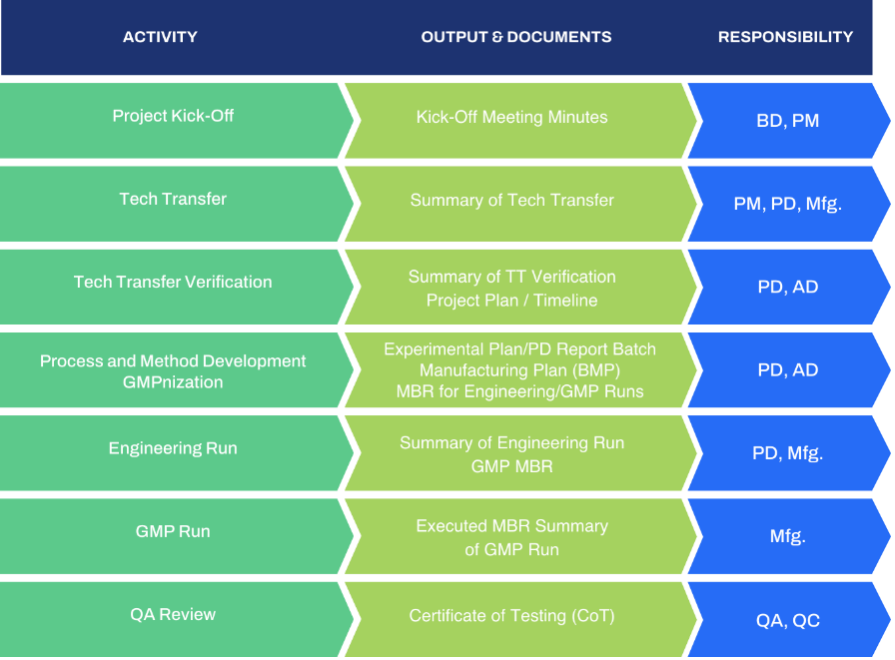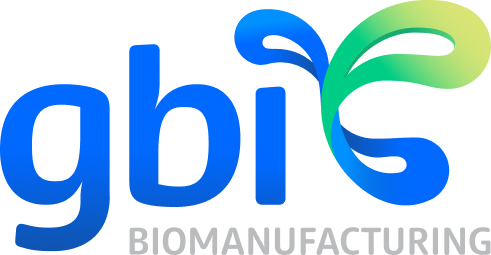Successful communication is one of the foundations of effective Project Management. As a Project Manager (PM), you are not only tasked with overseeing the successful execution of a project but also ensuring that communication flows freely and clearly between all stakeholders involved. It is important to hone your active listening, organizational, and social skills to manage tasks and people.
Stakeholders can represent individuals, groups, or even organizations; including but not limited to anyone from the project team members executing deliverables to contracted clients, vendors who supply project materials, and even company leadership. The challenge in managing stakeholders is that each may have their expectations, interests, and concerns. As a PM, managing communication across these various groups is critical for maintaining project alignment, establishing collaboration, and avoiding misunderstandings to mitigate risk. Strong relationships with effective communication are a keystone to success.

Ensuring Alignment on Project Goals
One of the key roles of a PM is to ensure that everyone is aligned with the objectives of a project from proposal throughout the project completion. By effectively managing communication, you can ensure that stakeholders understand the project’s purpose, timeline, and expected deliverables. The expectations are to maintain updates through scheduled project meetings or status reports, clear messaging in emails or chats, and use of project tools such as use of Gantt Charts for detailed timelines. These expectations help reinforce the goals, deliverables and ensure continuous clarity on the project’s status or direction. Misalignment in communication is one of the primary reasons why projects fail, the role of a PM is to take accountability and prevent this from happening through consistent and transparent communication.
Managing Expectations and Reducing Risks
A project is always subject to unexpected risks, obstacles, or changes. Whether it’s a delay in deliverables, a change in scope, or a resource shortage, PMs must communicate any risks or shifts to all stakeholders. Implementing stakeholder analysis can be useful in determining which stakeholders have power or interest in a particular project, as well as how to prioritize their expectations and goals. Properly managing a communication plan helps set realistic expectations, minimizing the chances of miscommunication or alarms when issues arise. Regularly updating stakeholders on progress (either positive or negative), identified risks, and any adjustments to the plan helps mitigate potential dissatisfaction or misunderstandings, which could lead to fractured relationships, delays, or possible failure.
Documenting Communication
In addition to verbal and face-to-face communication, documenting key conversations and decisions is equally important. Keeping detailed records ensures that there is a point of reference for future discussions which can be crucial in clarifying misunderstandings or resolving disputes. The use of document trackers, project timelines, or implementing other digital tools such as AI transcription can ensure stakeholders remain aligned on project tasks and their status. Well-maintained modes of communication allow the Project Manager to monitor the flow of information and ensure that nothing is overlooked. Building a project management “toolbox” with strategies such as keeping meeting minutes after video or face-to-face meetings, issuing bi-weekly project status reports to project teams within established timeframes, or even holding quarterly project steering committee meetings with stakeholders can help everyone achieve project success!

Fostering Collaboration
Project success is rarely achieved by only one person. Collaboration is essential, particularly when stakeholders from different backgrounds and areas of expertise are involved. By facilitating open channels of communication, PMs and stakeholders can share ideas, raise concerns, and contribute their expertise in a subject area. This collaborative environment allows for quicker problem-solving when challenges arise and provides opportunities for stakeholders to feel comfortable in sharing their input. When communication is managed well, it creates a sense of shared ownership and accountability over the project, motivating everyone to contribute their best work.
Enhancing Stakeholder Engagement and Trust
Trust is a vital element in any relationship, and stakeholders are more likely to trust a Project Manager who communicates regularly and transparently. When PMs keep stakeholders informed, address concerns proactively, and actively seek their feedback, they will demonstrate competence, responsibility, and professionalism. Stakeholders are more likely to stay engaged and supportive during a project with regular engagement, which can then lead to smoother decision-making and stronger support when challenges arise.
Conclusion
Managing communication between stakeholders is essential for any project to succeed. By identifying the key stakeholders, ensuring alignment, managing expectations, fostering collaboration, and enhancing trust Project Managers create an atmosphere where the project can thrive. A strong communication strategy not only mitigates risks but also maximizes the chances of delivering the project on time and within the scope of our client’s expectations.
Contact GBI Biomanufacturing Today about Your Clinical & Commercial Manufacturing Needs!

Lyndsay is an experienced Project Manager with a unique background in clinical therapy, research, client services, and managing a variety of projects in both the clinical psychiatry and biotechnology spaces. Over the last 8 years, she has led projects from early-stage development to Phase III, and soon commercial manufacturing. Lyndsay has been with GBI for 2.5 years and strives to excel at ensuring complex projects meet all objectives. She holds a Bachelor’s in Psychology from the University of New England, a Master’s in Clinical Counseling from La Salle University, and a Master’s in Law with a focus on Healthcare from The University of Pennsylvania. Her skill set is diverse with experience coordinating cross-functional teams, detailed data and communication management, and a strong understanding of the importance of quality and compliance in biomanufacturing, making her well-versed in leading teams and driving projects forward.
